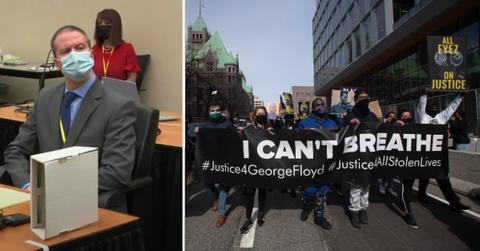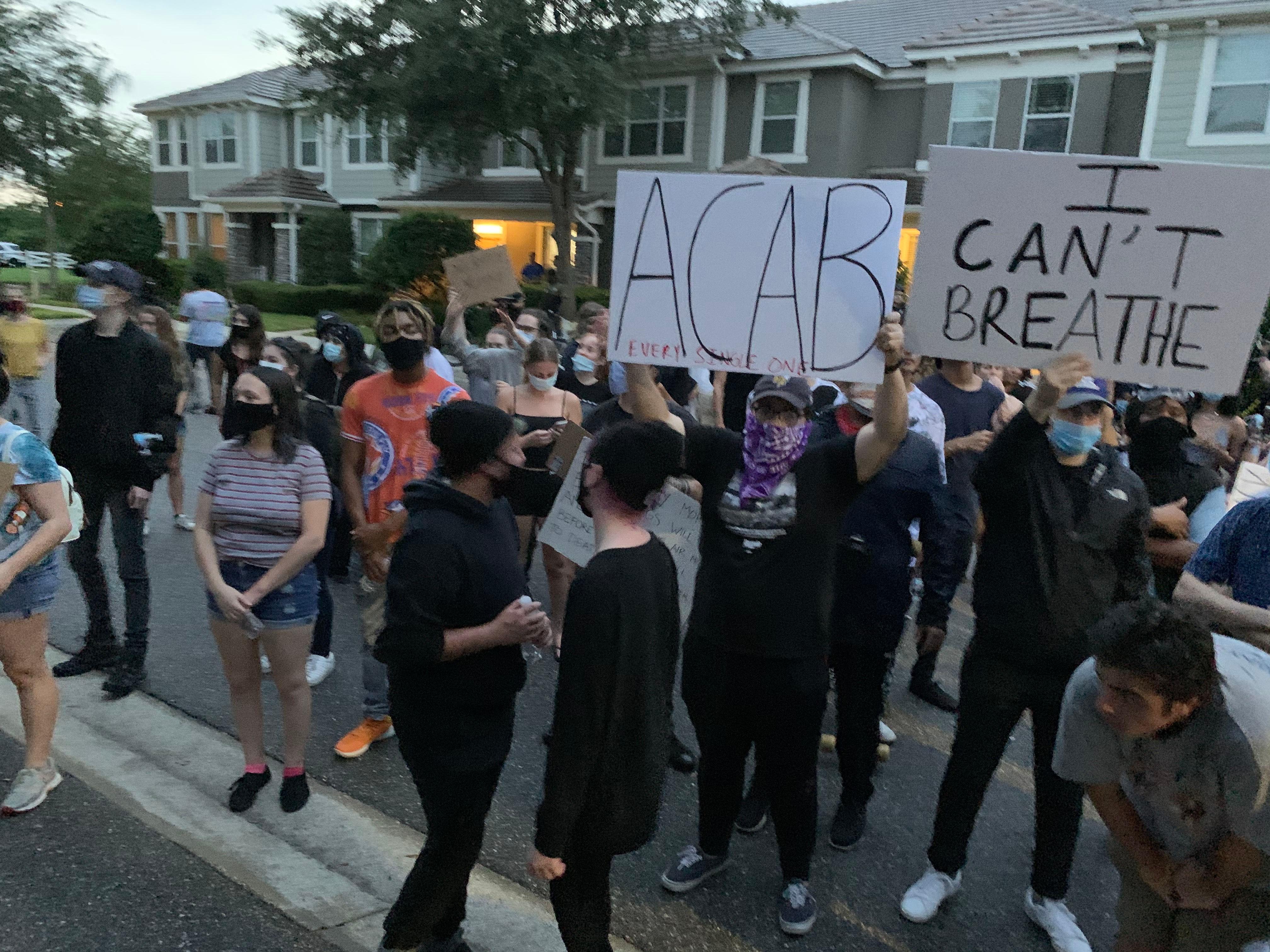Here is what medical experts said caused George Floyd's death as he was being restrained by police

A veteran medical examiner and pathologist, Lindsey Thomas, testified for the prosecution on April 9 in the trial of Derek Chauvin and said there was nothing immediate about how George Floyd died.
It was not sudden like a heart attack. It was not sudden like an overdose.
“There was nothing sudden about his death,” Thomas said.
She and Medical Examiner Andrew Baker were the lone witnesses who testified as the trial concluded its second week.
Thomas testified that there was no reason to believe Floyd would have died on May 25, 2020, except for the actions of law enforcement. She ruled out the cause of death as a drug overdose.
Chauvin had been charged with second- and third-degree murder, as well as second-degree manslaughter in connection to Floyd’s death.
Floyd was arrested after using a fake $20 bill at a Minneapolis grocery store. Witness said he appeared to be under the influence. Officers tried to put him in an SUV, but Floyd resisted. Officers took him to the ground where they restrained him for several minutes.
Chauvin had his knee on Floyd’s neck for more than nine minutes, though Floyd was unconscious for several minutes.
Witness nearby filmed the encounter and posted it online.
Floyd stopped responding at the scene and was pronounced dead later at the hospital. According to the medical examiner's report, the cause of death was ruled as a “cardiopulmonary arrest, complicating law enforcement subdual, restraint and neck compression.”
Prosecutors say the officers involved in the arrest used excessive force. The defense maintains that Chauvin was doing as trained and it was a lethal amount of drugs in Floyd’s system that cause his death.
Thomas, a semi-retired and former pathologist with the Hennepin County Medical Examiner’s Office, was the first witness to take the stand, ahead of Baker, the current medical examiner.
Her statement comes as pushback by prosecutors who intended to rebuff the defense team’s theory that Floyd’s death resulted from a drug overdose.
Photographic exhibits of Floyd’s body in official envelopes were handed to the jury by the prosecutor, Jerry Blackwell, for a visual aid as he questioned Thomas on the stand. Thomas corroborated what most of the experts in the previous days had concluded that Floyd died as a result of the lack of oxygen due to his inability to breathe.

Protestors outside Derek Chauvin's home.
According to Thomas, some of the pictures showed Floyd’s face suffered several aberrations, which was consistent with the video showing the extent and time Derek Chauvin placed his knee on the victim’s neck, causing asphyxia.
“The photograph of his right hand and wrist showed discoloration due to the pressure of the handcuffs. Also, the knuckles of his index finger showed bruises consistent with the video showing Floyd attempted to make contact with the wheels of the squad car in his effort to breathe,” Thomas added.
During cross-examination, the defense attorney, Eric Nelson, managed to rattle Thomas on the stand. He introduced a Canadian research report that showed 1.1 million police officers involved with 3,000 prone position arrests recorded no deaths.
Frustrated, Thomas, an experienced pathologist, said in an exasperated voice, “Amazing when you consider every forensic pathologist in the United States has probably had an officer-involved death like this. It baffles me…That’s why I kept saying… Canada.”
In a redirect examination by the prosecutor, Thomas was asked if she had been familiar with the report from Canada. “I don’t understand. I found that study and don’t know how to interpret those. It’s so contrary to the experience of the pathologist in the United States.”
Though Thomas did not perform the autopsy on Floyd, however, she admitted that the video, in conjunction with the medical examiner’s report, was a crucial element in her conclusion and determination of Floyd’s cause of death.
Baker took the stand in the afternoon and detailed for the jury how an autopsy worked. In Floyd’s case, he said there were underlying conditions that affected Floyd’s heart. They caused his heart to be larger than most, which means it needs more oxygen.
In a stressful situation, such as arrest, the body demands more oxygen, but Floyd’s body just couldn’t help.
“It was just more than Mr. Floyd could take by virtue of those heart conditions,” Baker said.
Become a Front Page Detective
Sign up to receive breaking
Front Page Detectives
news and exclusive investigations.
